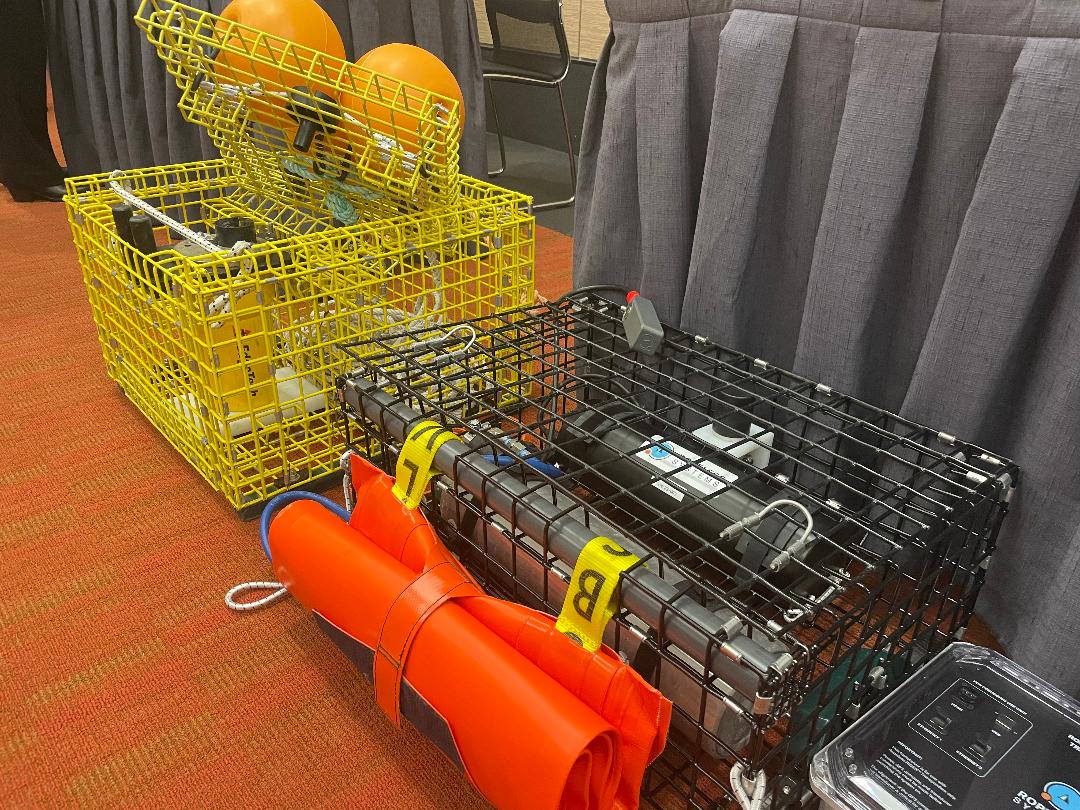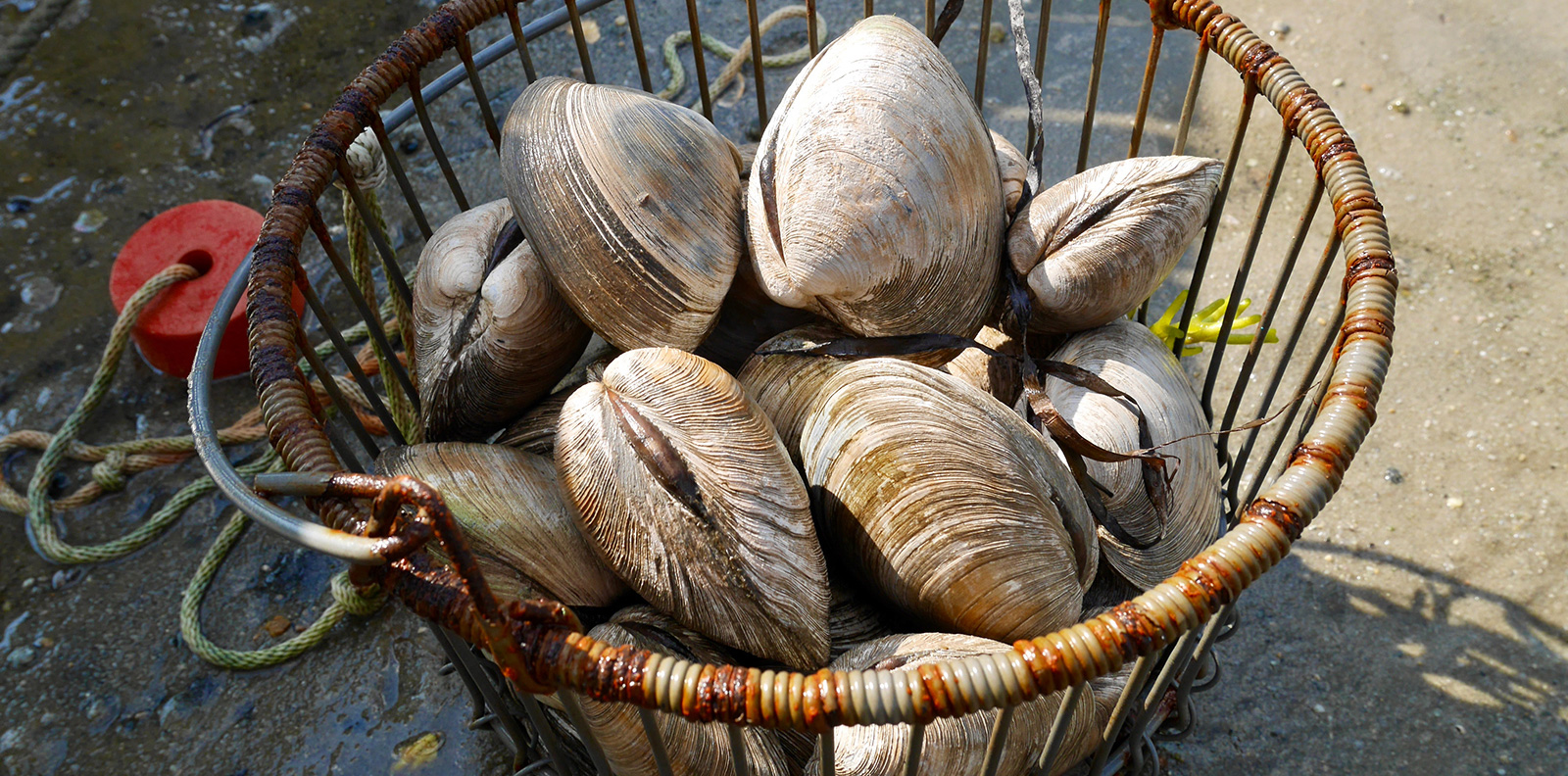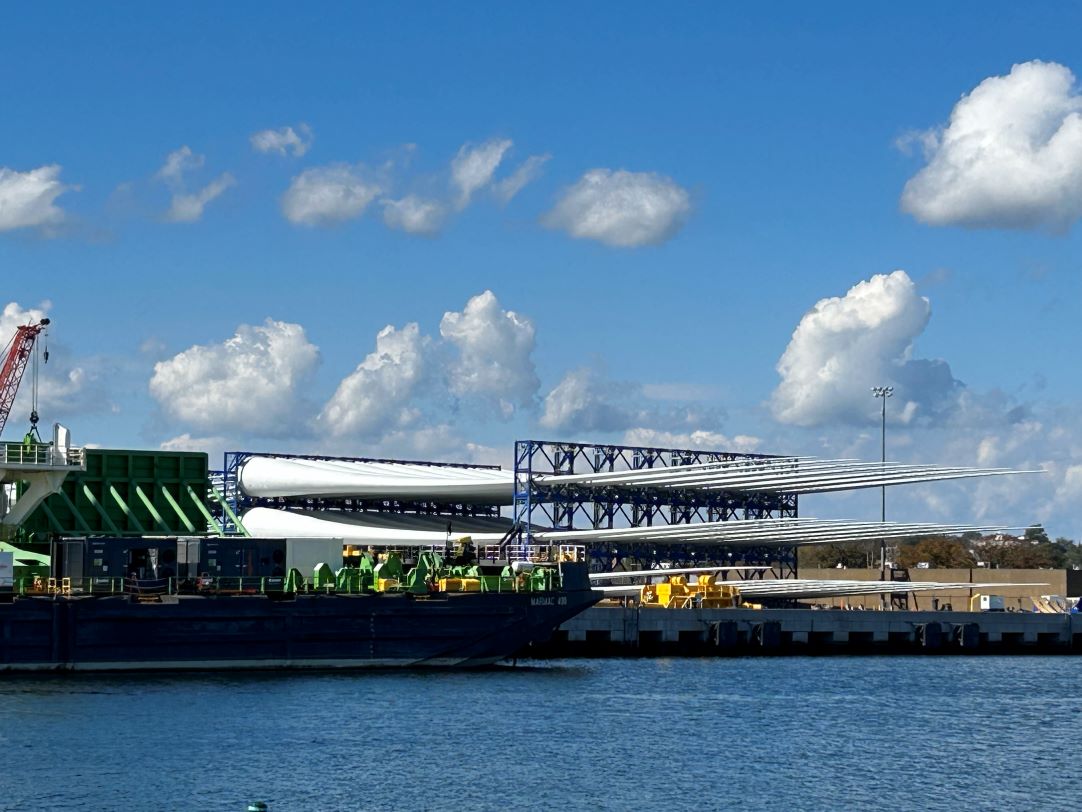CRMC Gives New Life to Proposal to Expand Aquaculture Farm on Potter Pond
January 26, 2023
PROVIDENCE — A proposal to add 3 acres of aquaculture farms to South Kingstown’s Potter Pond gained a new lease on life this week when coastal regulators voted to send a modified version of the project back to agency staff for further study.
The Coastal Resources Management Council (CRMC), which regulates aquaculture and other developments found along Rhode Island’s coastline and state waters, was expected to make a final decision on the proposal Jan. 24, but council members instead opted to seek a compromise solution for the project by a 6-2 vote.
Jerry Sahagian, a prominent developer who has been on the council since the 2000s, proposed reducing the size of the project by 39%, trimming the farm’s footprint in Segar Cove from 130,000 to 80,000 square feet, or just under 2 acres in size. Sahagian also suggested replacing the floating gear for the farm with a different kind of aquaculture gear.
Sahagian noted agency staff recommended approval of the project at 3 acres in size, but acknowledged the concerns of community members who use the cove for recreation.
“This will add an additional 50 feet of buffer which I thought would address the safety issues for water skiers,” he said.
But not all council members agreed the panel had the power to modify the application as was proposed. Catherine Robinson Hall, a former Rhode Island Department of Environmental Management lawyer and coastal policies professor who was appointed to the council last year, questioned whether the panel was being transparent and fulfilling public notice requirements by making a major last-minute change to the project.
“It’s not a flat landscape, we’re not changing the contours of this desk,” said Robinson Hall. “We’re talking about changing the seabed, a very complex landscape. It’s not something we’re qualified to do as a council, it’s something only [agency] staff can do.”
It’s the latest development in a five-year tug-of-war between applicant Perry Raso, who owns Matunuck Oyster Bar and is seeking to expand his Rhode Island aquaculture operations, and local residents concerned about the impact the project may have on summer activities.
CRMC formed a special four-person subcommittee to study the project, the Perry Raso Subcommittee, which, after dozens of hours of public hearings, ultimately recommended the council reject the project in a November 2021 meeting. Subcommittee members expressed repeated concerns over the safety from conflicted uses in the cove.
The proposed farm would have three sections of 12 rows of scallop gear, with another 12 rows devoted to oyster farming. Raso already has aquaculture farms elsewhere in Potter Pond, and approval of the new farm would bring his total acres to 9.9, across 3% of the surface area of the pond. CRMC regulations limit aquaculture development from occupying more than 5% of the surface area of any waterbody.
CRMC staff reportedly received 149 objections regarding the project, noting that 79 letters came from out-of-state residents. The objections ranged from noise to recreational fishing impacts, to visual impacts to beach access.
“Segar Cove in Potter Pond has recreational activities. Mr. Raso has observed that they are limited,” wrote CRMC aquaculture coordinator David Beutel in his staff recommendation. “Any aquaculture project in Segar Cove will affect the recreational activities. Some of these activities may occur on the site and others adjacent to the site. Will those activities be prohibited in Potter Pond if this site is approved? No, those activities will still occur in Potter Pond.”
Two members of the Perry Raso Subcommittee, Donald Gomez and Patricia Reynolds, voted to delay the council’s final decision and send the application back to CRMC staff for additional study and a future report.
Both council members indicated they were against the project based on the safety concerns unearthed during the subcommittee’s hearings.
Gomez said the council needed more information from agency staff on any proposed changes to the project’s size or gear.
“It’s still a slippery slope,” Gomez said. “If there’s an exchange [of gear], staff need to look at it.”



